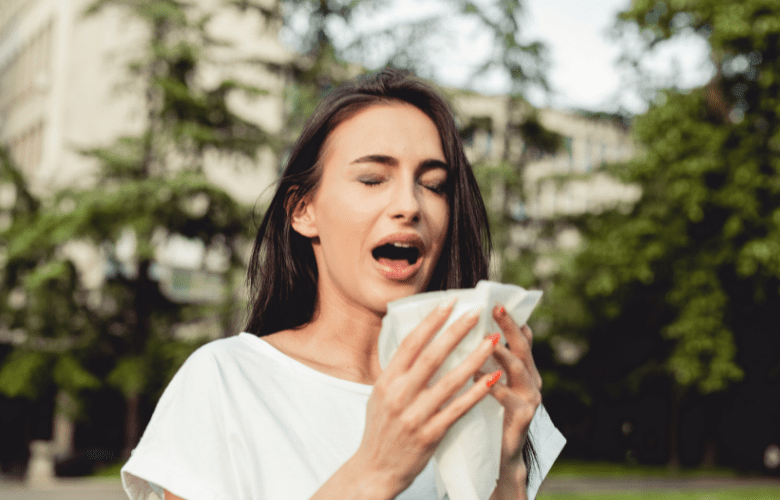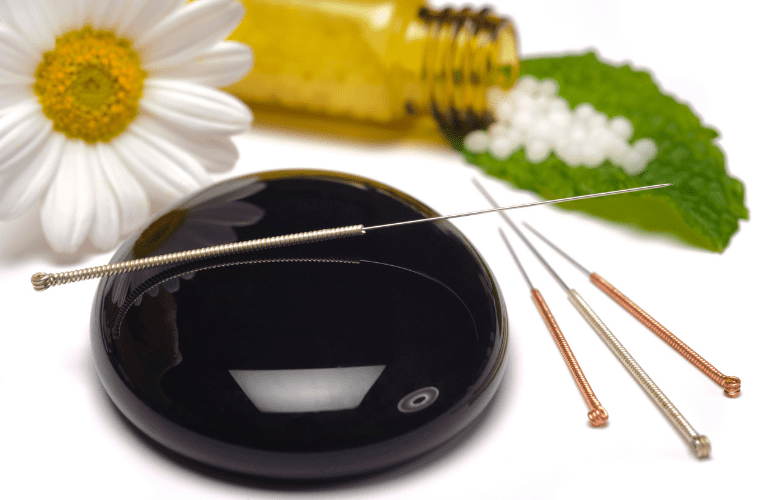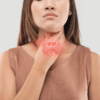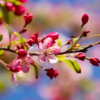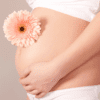Acupuncture and Chinese Herbs for Spring Allergies
Spring is here, and you may notice that you have developed allergy symptoms such as runny nose, watery eyes, congestion, sneezing, coughing, and fatigue. Seasonal allergies are approached slightly differently in traditional Chinese medicine. TCM can be quite effective by using acupuncture and Chinese herbs to strengthen Wei qi and address the root cause of symptoms.
What are spring allergies?
Spring allergies, also known as hay fever or seasonal allergic rhinitis – cause symptoms in over 50 million Americans. Basically, allergies happen when our immune system responds to the “invader” when exposed to air pollution, dander, dust mites, fecal particles from dust mites, food intolerances, mold, and pollen. The immune system decides these harmless substances are dangerous and produce IgE antibodies. IgE antibodies bind to allergens and then tell the body to release histamine to help rid get rid of them by causing the body to be itchy, cough, and sneeze.
TCM approach to spring allergies
Acupuncture and traditional Chinese medicine are focused on rebalancing the body’s systems. TCM observes both external and internal factors of the immune system when addressing allergy symptoms. According to TCM, allergies are often caused by an imbalance or weakening of Wei qi – our protective force that blocks wind, dampness, and cold from entering our body. When Wei qi becomes weak, it may allow wind to enter our head and open a path to other external pathogens such as cold, heat, dampness, and dryness.
Wei Qi
Wei qi, our protective energy, is associated with internal organs, especially the lungs, which in TCM dominate the skin and breathing. When there is a lung deficiency – the body can be exposed to external pathogens like bacteria and viruses. Wei Qi can be damaged in many ways, including:
- Eating poorly (including refined sugars and processed foods)
- Emotions such as anger, fear, worry, and guilt
- Illness
- Depression or dullness
- Lack of focus
- Lack of physical activity
- Sleep issues
- Exposure to wind or cold air
- Overindulgence in alcohol and smoking
Inflammation
An acupuncturist will also look at food intolerances as a trigger for inflammation because seasonal allergies and food allergies can overwhelm the body with histamine. Removing hidden triggers is part of the TCM approach to interconnected body systems. Stimulus like pollen and animal hair irritate the body and cause inflammation in the body, weakening Wei qi.
Traditional Chinese medicine for spring allergies
Traditional Chinese medicine incorporates a variety of treatments, including acupuncture, Chinese herbal formulas, nutritional counseling, and lifestyle advice. TCM approaches each season differently, and the spring months are considered the season of the liver (the liver system). The liver helps encourage the smooth flow of qi in the body, and when stressed, this energy can become blocked. Since the liver helps influence allergies – it is essential to balance this energy when addressing spring allergies.
Nutrition
Eating for spring allergies consists of a whole food diet limiting the processed foods you eat.
TCM foods healing foods
- Whole grains, squash, and fruit – strengthen spleen qi
- Warm spices, including ginger, cumin, cinnamon, and cayenne pepper – warm the body and help remove mucus and phlegm
- Pears – strengthen the lungs
- Green tea – has antihistamine properties
Foods to avoid when suffering from allergies
- Bananas, melons, and citrus fruits – as they cause dampness
- Dairy products – as they cause dampness
- Cold foods like frozen foods or cold drinks (yes, this includes yogurt and ice cream) –weaken spleen Qi
Acupuncture treatment
Since ancient times, acupuncture has been part of traditional Chinese medicine, using acupuncture points or acupoints that connect meridian pathways in the body. The practice of acupuncture involves placing very thin metallic needles into these acupoints to improve the flow of Qi or life energy.
Seasonal allergies are caused by weak or blocked Wei qi, so the acupoints used would be in the meridian pathways associated with Wei qi. Studies show that when acupuncture is used often to address seasonal allergies, there is a marked improvement in antihistamine properties and reduced symptoms of allergies.
Regular acupuncture treatments can help prevent Wei qi from weakening and boosting the immune system, significantly increasing T-cells in the body. T-cells, also known as T lymphocytes, are a type of leukocyte or white blood cell that are part of the immune cells that come from the stem cells in the bone marrow as the acupuncture needles encourage your body’s immune response signaling your white cells and t-cells to fight off invaders.
Chinese herbs for allergies
Traditional Chinese herbal formulas typically contain a variety of single Chinese herbs that have specific properties and factors in individual needs – often customized to the patient. However, there are some combinations used most often for spring allergies.
- To drain dampness and clear nasal passages, use an herbal formula containing Angelica dahurica (Bai Zhi), magnolia flower buds (Xin Yi Hua), and Xanthium sibiricum (Cang Er Zi)
- To alleviate symptoms of allergies like runny nose, sneezing, itchy eyes, and nasal/sinus congestion, use the Chinese herb formula Bi Yan Pain – a combination of Xanthium sibiricum (Cang Er Zi), Anemarrhena asphodeloides rhizome (Zhi Mu), and Magnolia biondii flower (Xin Yi Hua), as well as other TCM herbs for allergies
- To dispel wind, use a combination of Japanese catnip, Schizonepeta tenuifolia, and Fang Feng, Siler divaricate
- Other herbs used by TCM practitioners and holistic medicine include butterbur, quercetin, Scutellaria, and eyebright.
Other ways to address spring allergies
In addition to acupuncture and Chinese herbal formulas, a few lifestyle changes that can also help with spring allergies include:
- Use a HEPA filter to remove mold, pollen, and dust
- Hydrate the air with a dehumidifier
- Rinse out your sinuses with a neti pot
- Steam from a hot shower can help relieve inflamed sinuses
Reduce the amount of pet dander in your home
- Stay indoors when pollen levels are high
- Wash pollen off your skin and hair after being outside
- Delegate yard work such as mowing the lawn or pulling weeds
Contact us to learn more about how acupuncture and Chinese herbs can help with your spring allergy symptoms.


